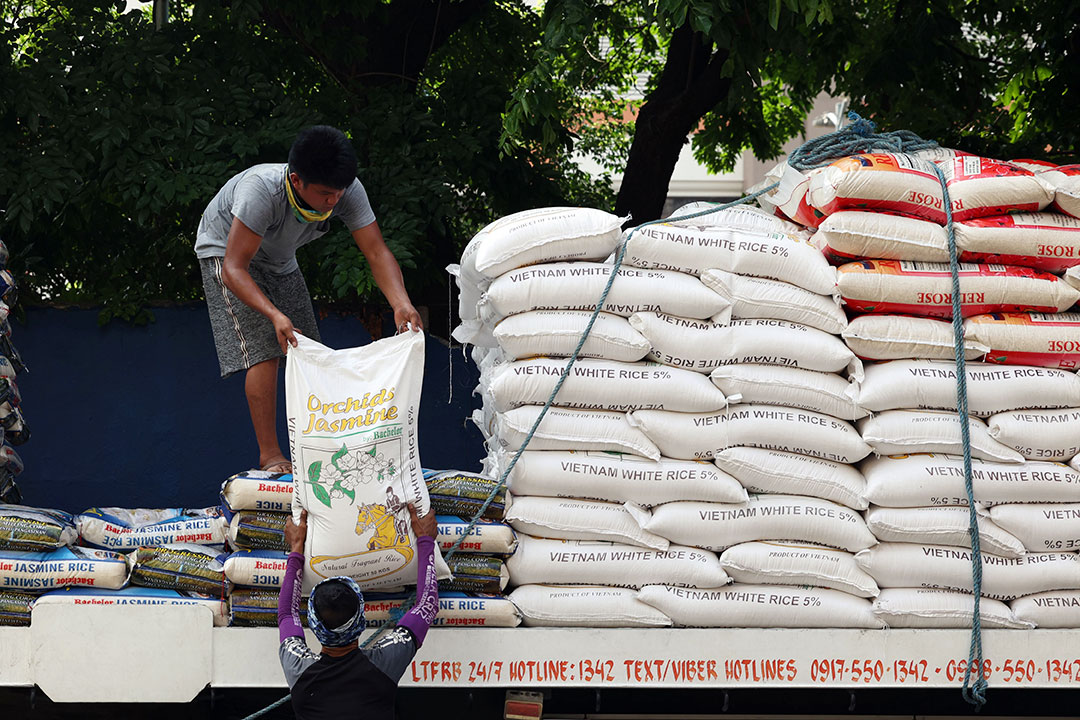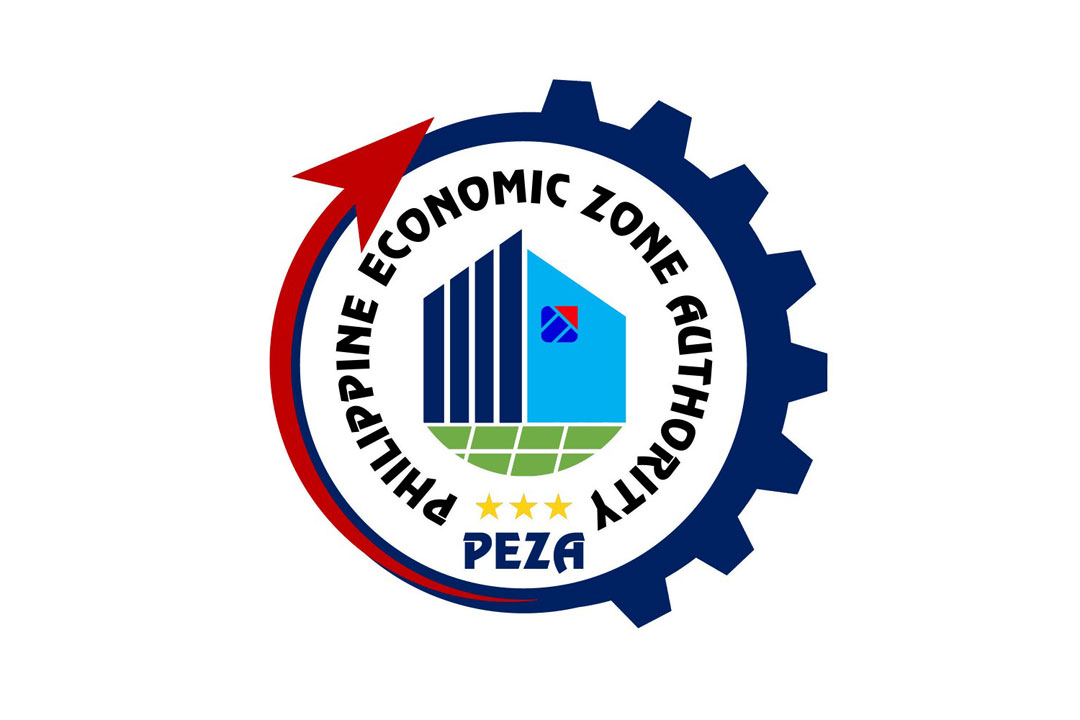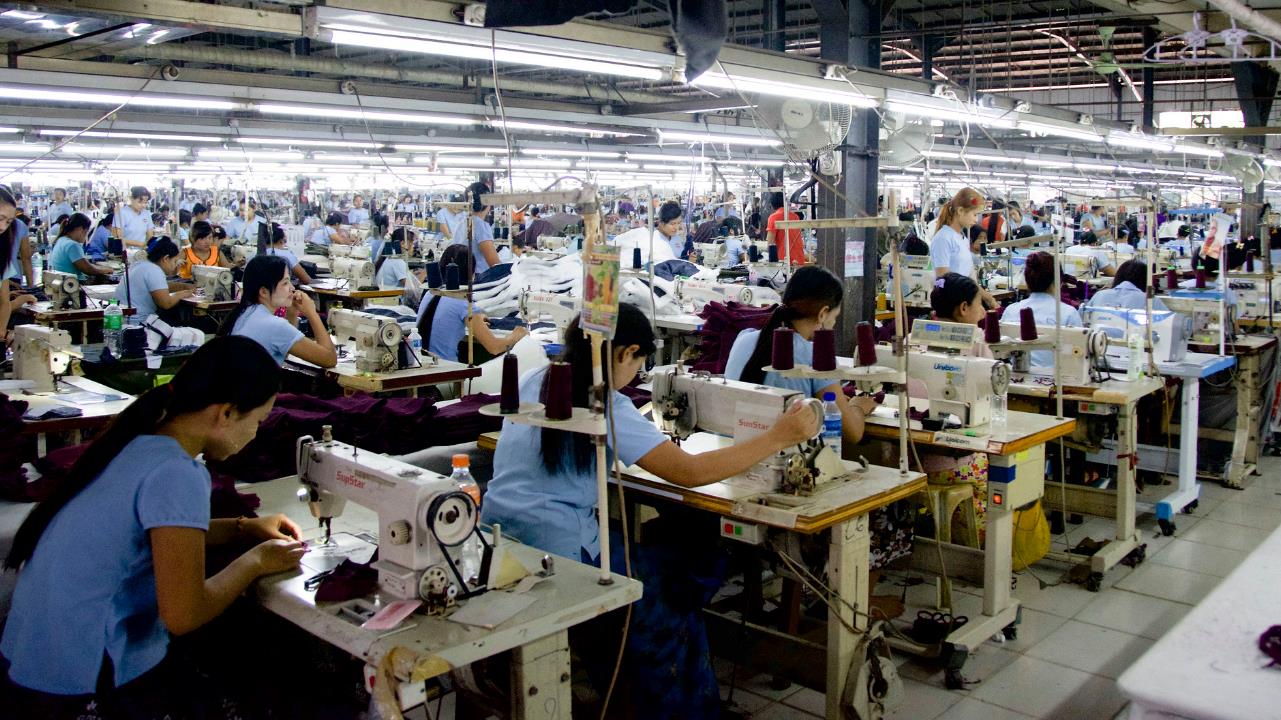
Upgrade to High-Speed Internet for only ₱1499/month!
Enjoy up to 100 Mbps fiber broadband, perfect for browsing, streaming, and gaming.
Visit Suniway.ph to learn
Senior business leaders from across the 21-member Asia-Pacific Economic Cooperation (APEC) bloc voiced growing concern over recent, rapid changes in the global trade and financial landscape during the second APEC Business Advisory Council (ABAC) meeting of the year, held in Toronto, Canada.
In a statement on Tuesday, April 29, APEC said ABAC members lamented that businesses are increasingly struggling to navigate the ripple effects of new tariffs and trade measures, which have disrupted supply chains, driven up costs, eroded business confidence, and destabilized financial markets.
Their concerns were underscored by the April 2025 World Economic Outlook (WEO) from the Washington-based multilateral lender International Monetary Fund (IMF), which forecasts global gross domestic product (GDP) to be 0.8 percentage point (ppt) lower over the next two years than projected back in January.
“A highly uncertain operating environment undermines planning, investment and innovation,” ABAC noted. “This constrains growth and our region’s ability to tackle serious challenges including climate change, ageing societies and digitalization.”
Ahead of the APEC trade ministers’ meeting in Jeju, South Korea, in May, ABAC is urging ministers to reaffirm their commitment to APEC’s founding goals of free and open trade, as well as to the core principles of the World Trade Organization (WTO). ABAC stressed that the business community needs stability and a rules-based trading system to move forward with confidence.
ABAC emphasized that “predictability and non-discrimination are key to restoring business confidence.” As such, the council called on all APEC economies to adhere strictly to WTO rules, and pressed ministers to work collaboratively to strengthen and reform the WTO. A central priority, it said, should be the restoration of a fully functioning dispute settlement mechanism.
The council also urged APEC to make tangible progress on the Free Trade Area of the Asia Pacific (FTAAP) agenda. It identified digital transformation as a critical enabler, citing the potential for a multiplier effect across industries. “Key priorities include advancing digital trade interoperability, sustainable and responsible artificial intelligence (AI) and establishing a Center of Excellence for Paperless Trade to build momentum towards universal digital trade facilitation,” ABAC stated.
In addition to digital growth, ABAC highlighted the need for stronger, more resilient supply chains. The council called for policies that protect an open and stable maritime order grounded in international law, as well as enhanced strategies to support healthcare supply chains. “For even greater health security in the context of an ageing population and other demographic shifts, we also need to get the right policy settings in place to unlock opportunities in innovative medical technologies like genomics and AI,” it said.
Green transition was also high on ABAC’s agenda. The group called for urgent action, including addressing the critical financing gaps that hinder the energy transition. “Key actions include closing critical financing gaps for the energy transition and establishing a Greener Trade Framework,” the council emphasized.
ABAC also put forward a strong business case for removing barriers to full economic participation. The council referenced real-world evidence showing the benefits of closing gender pay gaps, improving access to venture capital for women entrepreneurs, and supporting small businesses in transitioning to the formal economy.
“We welcome the opportunity to discuss our concerns and collaborate on solutions at the upcoming APEC ministers’ meeting in May. The choices made today will determine our region’s economic trajectory for generations to come,” ABAC chair H.S. Cho said.
“Our message to APEC is clear: business is ready to lead, but we need ministers to match our ambition with action. The future of our shared prosperity depends on it,” Cho added.
ABAC will reconvene in Vietnam in July, as it works toward finalizing its recommendations for presentation to APEC leaders during their meetings in South Korea in October.

 13 hours ago
4
13 hours ago
4



